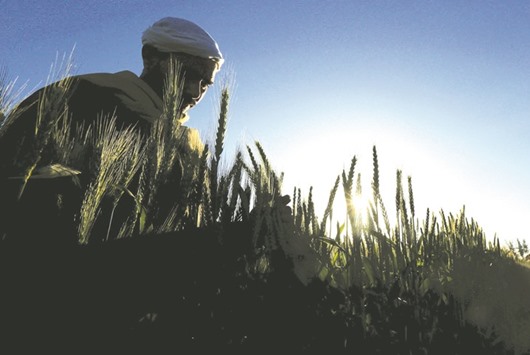An Egyptian parliament fact-finding committee will next week submit a final report with recommendations to improve how the government buys wheat from farmers amid allegations purchases have been inflated.
“The report will display the shortcomings of the local wheat programme and suggest ways to reform the sector, including modernising the procurement and the silos system,” Magdy Malak, head of the committee, said by phone. The report will be discussed in a public session on Monday, he added.
The push to develop the purchasing system comes after suppliers were said to have misreported inventories in order to gain bigger payments. Egypt annually fixes a price for local supplies above global rates to encourage farmers to grow the crop. The public prosecutor said suppliers delivered 221,800 metric tonnes worth a total of 621mn Egyptian pounds ($70mn) based on false documents, according to an August 13 statement. It ordered travel bans and froze funds of 13 people pending investigations. The world’s biggest wheat importer reported buying 5mn tonnes of the grain from local farmers last season, exceeding an initial target of 4mn. A year earlier, it said it bought 5.3mn tonnes after aiming to buy 3.7mn tonnes.
The current system encourages suppliers to bring in foreign wheat and label it as local grain, so it can be sold to the state for a higher price. In April, the government banned trading of imported wheat to prevent smuggling.
Wasted grain is a big problem for Egypt, where rising food prices intensified unrest that led to the overthrow of the government during Arab Spring protests in 2011. The country spends billions of dollars on grain each year through international tenders and from local farmers to provide subsidised bread for its 90mn people.
The General Authority for Supply Commodities, the state’s trading arm, announced a tender for Tuesday to buy foreign wheat for September 21-30 shipment. It’s the third tender since the marketing season began in July.

A farmer tends to a wheat farm in the El-Dakahlia governorate, north of Cairo. Egypt’s push to develop the purchasing system comes after suppliers were said to have misreported inventories in order to gain bigger payments.
